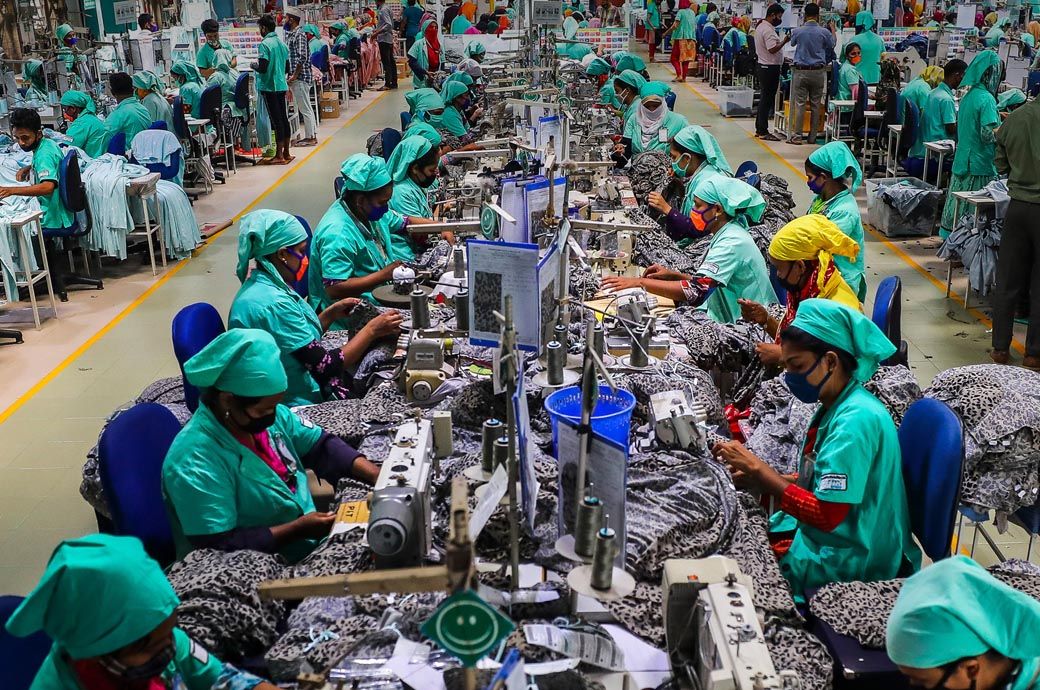
There is an urgent need for a third phase of global outsourcing, one characterised by genuine collaboration between buyers and suppliers, the report said.
To build this collaboration, buyers can immediately begin to reform purchasing practices, the report by Natasja Sheriff Wells and Chana Rosenthal, titled ‘A Broken Partnership: How Clothing Brands Exploit Suppliers and Harm Workers –And What Can be Done’, said.
On April 24, 2013, the eight-story Rana Plaza commercial complex collapsed, killing more than 1,100 workers and injuring another 2,500.
Extreme downward price pressure, withheld payments and the other practices can lead to cuts in worker pay, excessive overtime or worker layoffs, the report noted.
The damaging practices that buyers employed during the pandemic did not end as the industry began to recover in 2021. Instead, they continued in more subtle but nonetheless harmful ways, it noted.
When buyers take advantage of their greater overall economic strength to put pressure on suppliers, it can lead to suppliers accepting orders under which they are likely to suffer financial losses or reduce worker pay to avoid such losses. Such outcomes are fundamentally at odds with buyers’ public commitments to protect human rights, the report commented.
Buyers should not use open costing to pit suppliers against one another in search of the lowest price possible, the report suggested.
Buyers need to share the risk involved in raw material purchases by defraying some of the cost or compensating suppliers if projections change and purchased raw materials are no longer needed. Ideally, buyers should pay a deposit when booking to reduce liability risk for suppliers in the case of an order cancellation or change, it recommended.
Buyers should increase transparency and communication with third-party sourcing agents and buyer pricing models should incorporate the cost associated with using third-party agents and ensure that this cost is not passed on to suppliers, the report added.
Natasja Sheriff Wells is a senior programme manager at the NYU Stern Centre for Business and Human Rights, where she leads research on supply chains and manufacturing. Chana Rosenthal is the founder of reDesign Consulting, an apparel industry sustainable business advisory firm, and works with the NYU Stern Centre as an adviser.
Fibre2Fashion News Desk (DS)